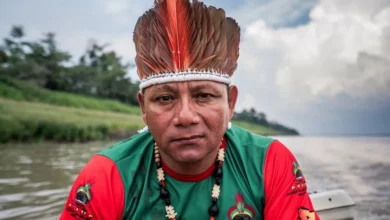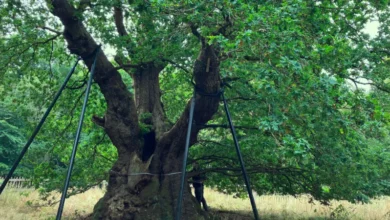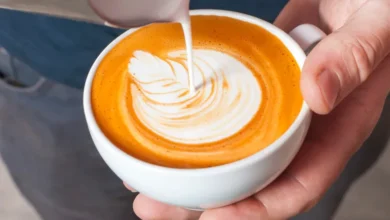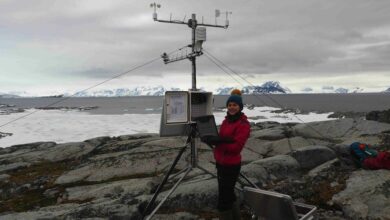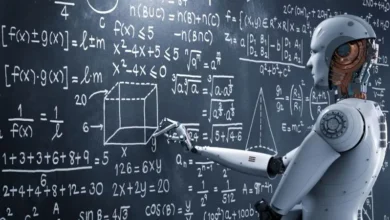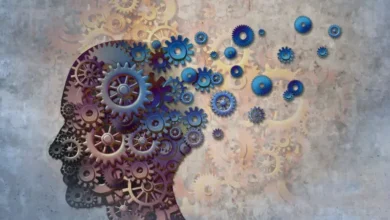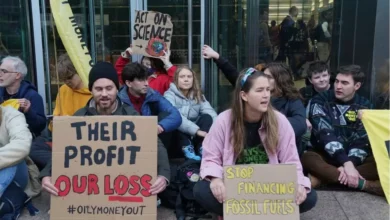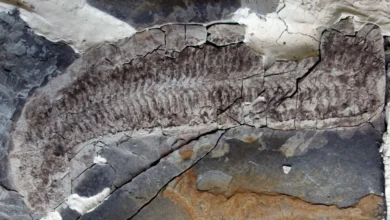‘Houses would get petrol bombed’: UK race riots evoke memories of the 1970s
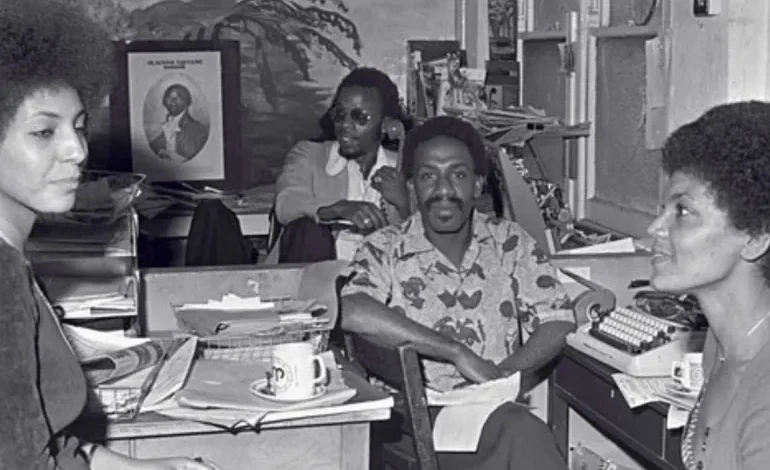
As a 16-year-old schoolgirl in her classroom at Plaistow Grammar School in London’s East End, Leila Hassan Howe, now 76, can still remember being made to feel unwelcome.
She had returned from Zanzibar to live with her English mother in the United Kingdom, where she was born in 1948. Her father had moved back to the East African nation, and for a time she lived with him.
In 1964, she was one of only three Black girls at her school. They were regularly taunted in the playground.
Children would say to her: “My dad says they have come to take our jobs, and why are they coming into this country?”
“They” meant “us”, explained Hassan Howe, a veteran activist of the UK’s Black Power movement in the 1970s, a decade during which racism against immigrants from the Commonwealth was on the rise in Britain as the far right gained traction.
East London was then a white working-class neighbourhood, still emerging from post-war destruction.
“[Many Britons] felt that the little they had gained since the second world war, under the Labour government, was going to be taken away by immigrant labour,” said Hassan Howe.
Sixty years later, a similar narrative has fanned the flames of hatred. The widespread race riots that erupted earlier this month across Britain brought back painful memories for ethnic minority pensioners. Like in the 1970s, far-right agitators went on the attack against immigrants and non-white Britons.
Although the latest unrest has been quelled as police have meted out tough sentences and antiracism protesters stood in solidarity with those affected, Tariq Mehmood, an antiracism activist and English professor now in his mid-sixties, fears further riots.
“I’ve heard people say racism is tearing this country to pieces. It’s not”, said Mehmood, the co-founder of the United Black Youth League. “It’s the cement that made it and is holding it together because its institutions remain infested with the historical ideology of colonialism.”
In 1964, she was one of only three Black girls at her school. They were regularly taunted in the playground.
Children would say to her: “My dad says they have come to take our jobs, and why are they coming into this country?”
“They” meant “us”, explained Hassan Howe, a veteran activist of the UK’s Black Power movement in the 1970s, a decade during which racism against immigrants from the Commonwealth was on the rise in Britain as the far right gained traction.
East London was then a white working-class neighbourhood, still emerging from post-war destruction.
“[Many Britons] felt that the little they had gained since the second world war, under the Labour government, was going to be taken away by immigrant labour,” said Hassan Howe.
Sixty years later, a similar narrative has fanned the flames of hatred. The widespread race riots that erupted earlier this month across Britain brought back painful memories for ethnic minority pensioners. Like in the 1970s, far-right agitators went on the attack against immigrants and non-white Britons.
